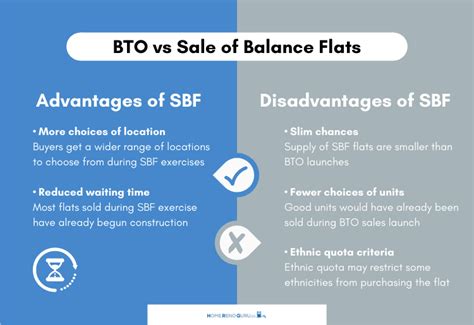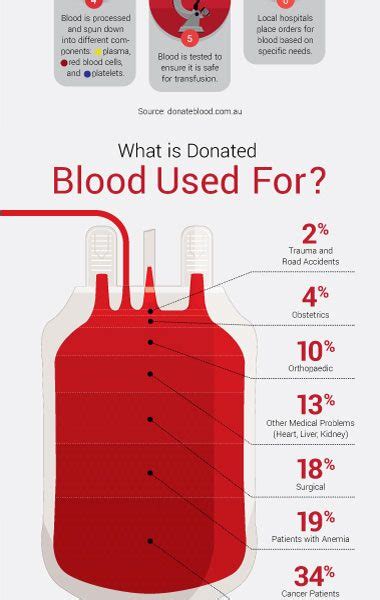Introduction
The arrival of a newborn baby brings immense joy and responsibility. Among the many aspects of a baby’s growth and development, one of the most important concerns is their weight. A baby’s weight is a crucial indicator of their overall health and well-being. In this comprehensive guide, we’ll delve into the fascinating world of newborn weight, exploring how much a 1-month-old weighs, the factors affecting their weight, and the implications of different weight ranges.

Average Weight of a 1-Month-Old
According to the World Health Organization (WHO), the average weight of a 1-month-old baby is:
- Male: 9.4 pounds (4.3 kilograms)
- Female: 8.6 pounds (3.9 kilograms)
However, it’s important to note that these are just averages, and individual babies may vary significantly in weight. Some babies may weigh more or less than these averages, and as long as they are growing at a steady pace, there is no cause for concern.
Factors Affecting a 1-Month-Old’s Weight
Several factors can influence a 1-month-old’s weight, including:
1. Birth Weight: Babies who are born with a higher birth weight tend to be heavier at 1 month of age.
2. Gestational Age: Premature babies (born before 37 weeks of gestation) may weigh less than full-term babies at 1 month of age.
3. Feeding Method: Breastfed babies typically gain weight slower than formula-fed babies, but they have a lower risk of obesity later in life.
4. Genetic Factors: Genetics also play a role in a baby’s weight.
5. Maternal Health: A mother’s health during pregnancy, such as her diet and exercise, can affect the baby’s weight at birth and beyond.
Weight Ranges for 1-Month-Olds
While averages provide a general idea of a 1-month-old’s weight, it’s essential to consider the wide range of normal weights for this age group:
Table 1: Weight Ranges for 1-Month-Olds (WHO)
| Gender | 5th Percentile | 50th Percentile | 95th Percentile |
|---|---|---|---|
| Male | 7.2 pounds (3.3 kilograms) | 9.4 pounds (4.3 kilograms) | 11.5 pounds (5.2 kilograms) |
| Female | 6.0 pounds (2.7 kilograms) | 8.6 pounds (3.9 kilograms) | 10.8 pounds (4.9 kilograms) |
Why a 1-Month-Old’s Weight Matters
A baby’s weight is an important indicator of their overall health and well-being. It helps healthcare providers assess the baby’s growth and development, and can identify potential health concerns.
1. Adequate Growth and Development: A baby’s weight should increase steadily over time. Consistent weight gain ensures that the baby is receiving adequate nutrition and is growing at a healthy rate.
2. Disease Risk: Underweight babies may be more susceptible to certain infections and illnesses. Conversely, overweight babies may have an increased risk of developing obesity, heart disease, and type 2 diabetes later in life.
How to Monitor a 1-Month-Old’s Weight
As a new parent, monitoring your baby’s weight is crucial. Here are some tips:
1. Regular Weigh-Ins: Weigh your baby regularly, preferably once a week, to track their weight gain.
2. Consistency: Weigh your baby at the same time of day, using the same scale.
3. Strip Down: Remove your baby’s clothes before weighing them to ensure an accurate reading.
4. Seek Professional Advice: If you have concerns about your baby’s weight, don’t hesitate to consult with your pediatrician.
Benefits of Maintaining a Healthy Weight
Maintaining a healthy weight for your 1-month-old has numerous benefits:
1. Improved Immune System: Babies with healthy weights have a stronger immune system, reducing their risk of infections.
2. Increased Energy Levels: Healthy-weight babies tend to be more active and energetic.
3. Lower Disease Risk: As mentioned earlier, healthy weights reduce the risk of chronic diseases later in life.
Pros and Cons of Different Feeding Methods
The choice between breastfeeding and formula-feeding can impact a baby’s weight gain. Here’s a brief comparison:
Table 2: Pros and Cons of Breastfeeding vs. Formula-Feeding
| Feeding Method | Pros | Cons |
|---|---|---|
| Breastfeeding | Pros: Lower risk of allergies, infections, and obesity; provides optimal nutrients for baby | Cons: Can be challenging to establish, requires a significant time commitment |
| Formula-Feeding | Pros: Convenient, provides consistent nutrition, can be used by multiple caregivers | Cons: Higher risk of allergies, infections, and obesity; may not provide the same protective benefits as breastfeeding |
Expanding Market Insights: Emerging Trends in Infant Nutrition
The infant nutrition market is constantly evolving, with new trends emerging to meet the changing needs of parents and babies. Some notable market insights include:
1. Organic and Natural Ingredients: Growing demand for organic and natural infant formulas and foods.
2. Personalized Nutrition: Increasing focus on personalized nutrition plans tailored to individual babies’ needs.
3. Convenience and Innovation: Development of innovative products, such as ready-to-feed formulas and advanced feeding systems, for convenience and ease of use.
Conclusion
Understanding the average weight of a 1-month-old and the factors that influence it is crucial for ensuring your baby’s optimal growth and well-being. Monitoring your baby’s weight regularly and seeking professional advice when needed will help you navigate this important aspect of their early development. Remember, every baby is unique, and their weight growth should be assessed in the context of their overall health and well-being. By providing a loving and supportive environment, you can help your little one thrive and reach their full potential.
















